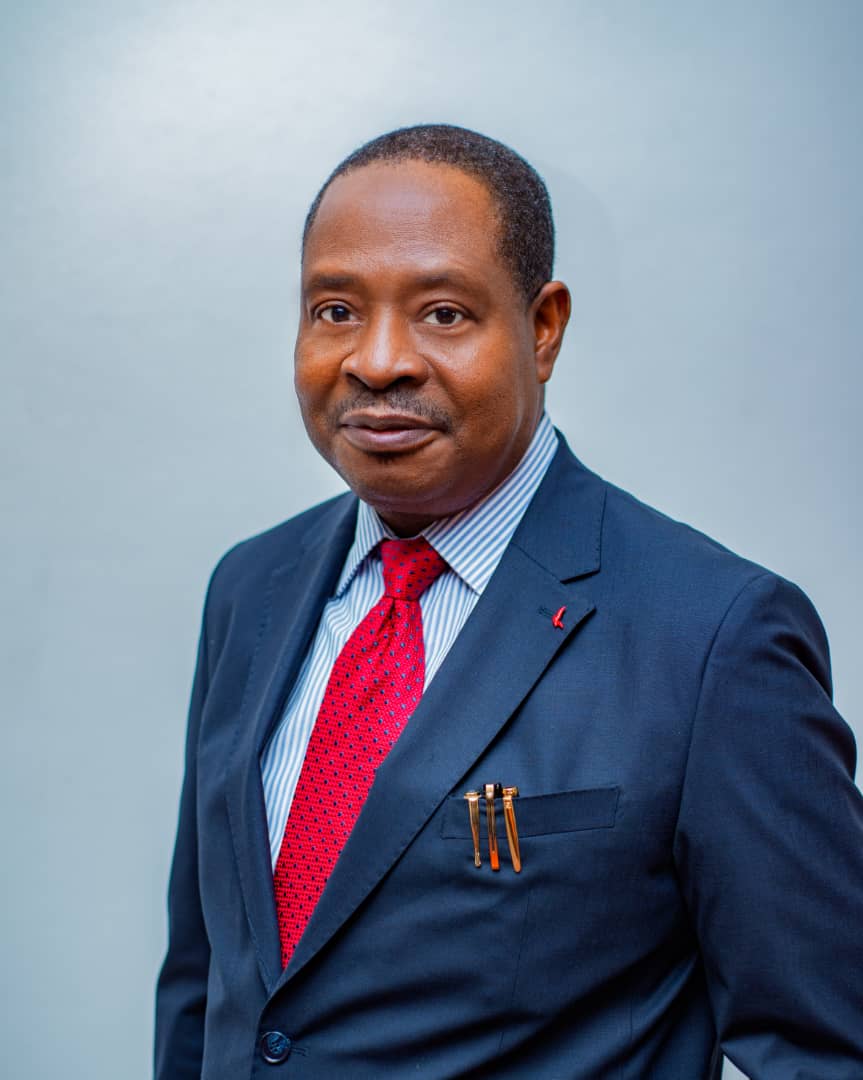Nigeria Needs N348 Trillion for Infrastructure Deficit- ICRC D-G
The Director-General of the Infrastructure Concession Regulatory Commission (ICRC), Mr. Michael Ohiani stated that Nigeria needs 348 trillion Naira to address its infrastructure deficit.
He made this statement during a presentation at the 2nd Quarter 2024 Nigeria Public-Private Partnership Network (NPPN) meeting in Minna, Niger state on Wednesday.
The meeting’s theme was ‘Using PPPs in Infrastructure Delivery in the States to Ensure National Food Security and Economic Growth’.
Ohiani revealed that according to the Medium-Term Development Plan, the country requires over N348.1 trillion in infrastructure investment.
He noted that the private sector could provide about N298.3 trillion of this amount, while sub-national governments could contribute N49.7 trillion.
“This highlights the crucial role of the private sector in infrastructure development,” Ohiani said.
He added that the revised National Infrastructure Investment Master Plan for the next 23 years estimates that Nigeria will need $2.2 trillion to bridge the infrastructure gap.
Also Read: Nigeria Can Make $20 Million From Launching 1 Satellite-NASRDA DG
Ohiani mentioned that the government could raise funds through various options, including borrowing, repatriating national funds, seeking foreign intervention, issuing more bonds, Sukuk, tax credit schemes, and Public-Private Partnerships (PPPs), both through solicited and unsolicited proposals.
In his keynote address, Sen. George Akume, Secretary to the Government of the Federation (SGF), represented by Simon Tyungu, a director in his office, praised state governors for recognizing the benefits of PPPs as an alternative procurement method. He said the meeting was timely given Nigeria’s infrastructure deficit and the government’s efforts to invest in renewal and modernization.
Gov. Umaru Bago, represented by Alhaji Abubakar Salisu, Head of Service remarked that his administration is focusing on farming, leveraging the state’s vast arable land.
Bago added that the state would continue to collaborate with the Federal Government and international agencies on agricultural development.

